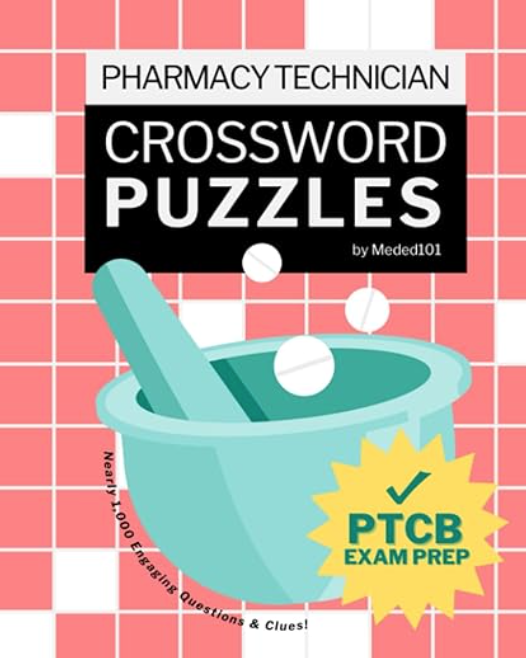We will compare aripiprazole versus risperidone and why a clinician might recommend one versus another. These two agents are two of the most commonly used antipsychotics in practice. Antipsychotics are most often used for psychiatric disorders like schizophrenia and bipolar disorder. They can also be considered for other behavioral issues and in the case of aripiprazole, depression as well.
Aripiprazole Versus Risperidone Adverse Effects Comparison
Adverse effect profile is typically the top thing to consider when selecting one antipsychotic versus another. In the case of these two agents, a critical consideration is sedation. Risperidone is typically going to cause more sedation compared to aripiprazole. Hyperprolactinemia can increase the risk of sexual impairment and risperidone is more likely to contribute to this adverse effect as well. Aripiprazole is one of the lowest-risk agents when it comes to causing metabolic syndrome. Risperidone falls in the middle of the road but is considered to have a significantly higher risk than aripiprazole. These are great nuggets to remember with respect to pharmacist board certification exams like BCPS, BCACP, BCGP, or BCMTMS.
Indication Comparison
Aripiprazole has been approved by the FDA for augmentation in the treatment of depression while risperidone has not been. You may see risperidone used off-label for this purpose, but most clinicians will typically prefer to utilize aripiprazole unless there is a compelling indication to avoid it.
Dosage Forms
There really aren’t major differences in dosage form availability between these two agents. Both aripiprazole and risperidone have long-acting injectable formulations, oral disintegrating tablets, oral tablets, and oral solution availability.
- 30 medication mistakes PDF
- 18+ Page Drug Interaction PDF
- 10 Commandments of Polypharmacy Webinar based on my experiences in clinical practice









0 Comments